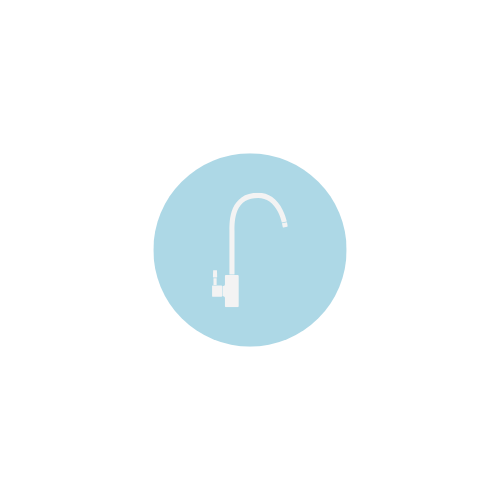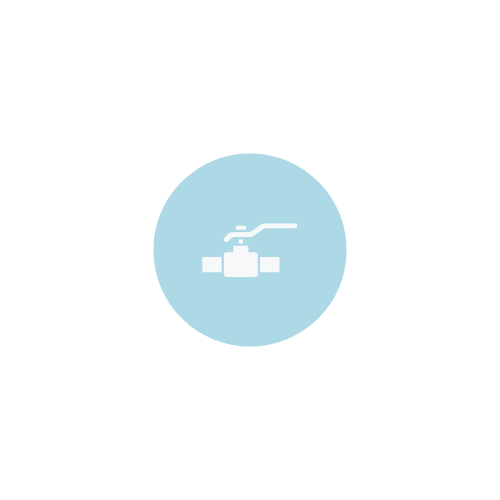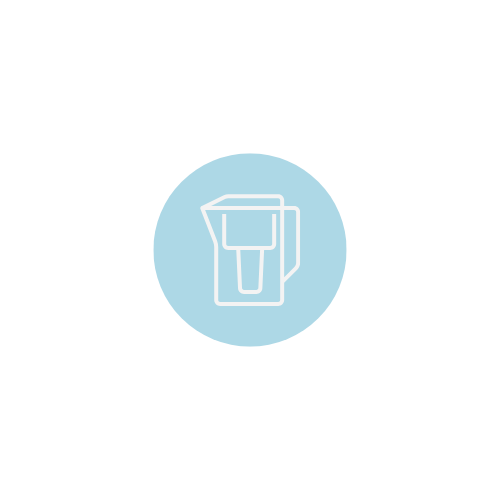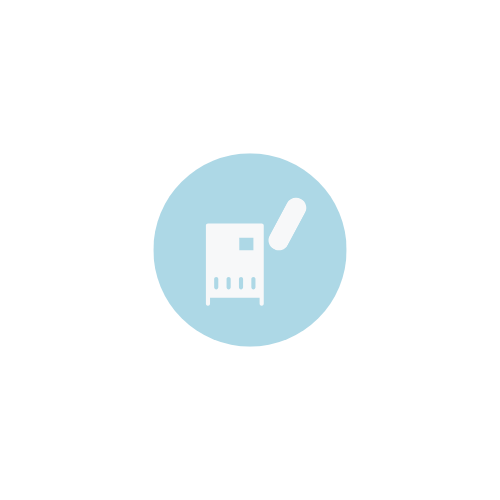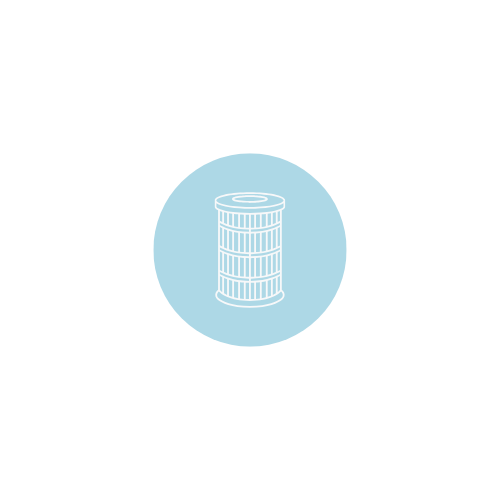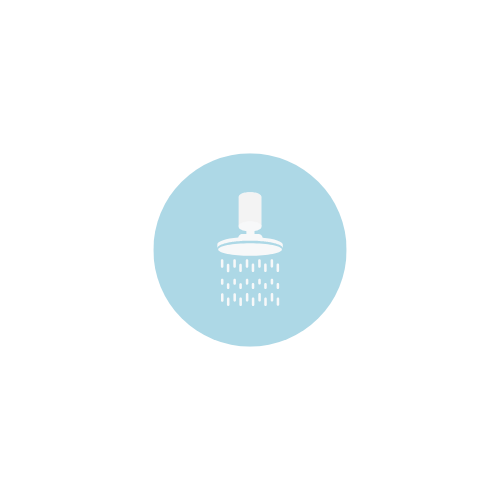

The Everyday Caretaker: Why Water Needs All of Us
When I walked into the Water New Zealand Conference this year, I was surrounded by scientists, engineers, regulators, and policy experts - people paid to care for water. The room buzzed with talk of compliance frameworks, treatment technologies, and infrastructure upgrades. But somewhere between the technical sessions and the policy debates, I couldn’t shake a simple truth: we are all caretakers of water.
Tickets to this conference cost over $1,000 - far more than most families could justify. Yet it’s those same families who drink, bathe, cook, and clean with the water being discussed. They are as much part of the water story as the people managing it. So, how do we bring the conversation back to everyone who turns on a tap?
Water as the Mirror of Our Choices
One of the conference sessions that stuck with me introduced the concept of planetary boundaries - the limits within which Earth can safely function. The speaker used ozone as an example of what happens when humanity recognizes a red zone and works together. Decades ago, we were deep in the red; the ozone layer was thinning fast. But once the world understood the danger, governments, scientists, and consumers acted - banning certain chemicals, redesigning products, and adjusting behaviors. Now, ozone levels are recovering; it’s a rare planetary boundary we’ve brought back from collapse.
What if we could do the same for water?
Water touches every other boundary - climate, biodiversity, pollution, and human health. Yet we treat it as infinite, invisible, and endlessly cleanable. We talk about what’s being added to our water, but not enough about how it’s being dirtied in the first place. Every choice we make - what we buy, flush, and throw away - feeds into the story of water. What we consume doesn’t just disappear; it becomes tomorrow’s problem.
At the conference, one presenter put it plainly: “Water is an income generator.” It flows through industries, homes, and farms, picking up traces of everything we produce and discard. The detergents from our kitchens, the microplastics from our clothes, the chemicals in our skincare - they all become part of that story.
Real change starts when we stop introducing waste into our environment. And the best way to stay reminded of that is to see water not as something separate from us, but as a reflection of us - a mirror of our collective behavior.
Where the Public Is Missing
Despite the inspiring talks, I left feeling that one crucial voice was missing: the public’s. Water conferences are designed for industry - for those inside the system - yet the greatest impact could come from involving those outside it.
What would happen if everyday caretakers - families, schools, local businesses - were invited into these conversations? If the conference hosted community sessions or live public talks that simplified the science and shared what’s really happening behind the scenes?
Doing so wouldn’t just fill seats; it would fill a gap in understanding. Misinformation, fear, and distrust thrive in silence. But when people see the challenges first-hand - the infrastructure aging beneath our streets, the contamination risks, the heroic work happening quietly every day - they start to care differently.
When people care, they make better choices. They become allies, not critics.
The Psychology of Connection
New Zealand is beginning to rediscover something that many Indigenous cultures have never forgotten - that water is alive. Across iwi and hapū, rivers and lakes are not “resources” but relatives, with their own mauri - their own life force. This perspective changes everything.
At the conference, global delegates echoed this same idea from very different contexts - from Singapore’s recycled water systems to Fiji’s digital mapping of its water assets. Despite our differences, we share one truth: our water systems are struggling under human pressure, and technical fixes alone aren’t enough.
To create lasting change, we need a psychological shift - to learn who our local water bodies are, to give them names, respect, and protection as we would a family member. When you care for water like you care for a loved one, you act differently. You consume differently. You waste less.
Bringing the Conversation Home
At Ionza, we attend conferences like this not just to stay ahead of regulations or technology - but to translate what’s happening at the policy level into something useful for everyday life. We see our role as a bridge between science and the kitchen sink - bringing water front and center in your home and helping you form a conscious relationship with it.
Because while policy and infrastructure shape the flow of water, your choices shape its future. Every refill of your glass, every filtered jug, every time you turn on the tap with awareness - these moments matter.
Even if governments achieved perfect treatment systems, the official “safe” standards might never align with what each of us considers truly healthy. The water that leaves a treatment plant clean can be re-contaminated in the pipes before it reaches your glass. And long before that, it reflects everything society has decided to release into the world - our chemicals, our waste, our priorities.
By choosing consciously to filter, to understand, to value - you become part of the solution. You become a caretaker in action.
Closing Reflection
If the ozone story taught us anything, it’s that once we see the problem clearly, we can move mountains. The same awakening must now happen with water. We must stop treating it as separate from ourselves and start seeing that what we consume, discard, and pour away is exactly what we’ll meet again — in rivers, in rainfall, and in every glass we drink.
Ionza brings water front and center because it reflects who we are as a species. Just by choosing to consciously drink water — and think about the quality of each glass — we influence what we consume, how we live, and what we return to the Earth.
Water is not infrastructure.
Water is life.
And caring for it is all of our job









